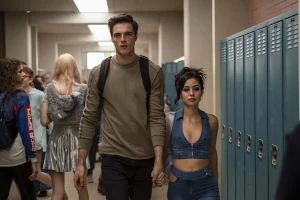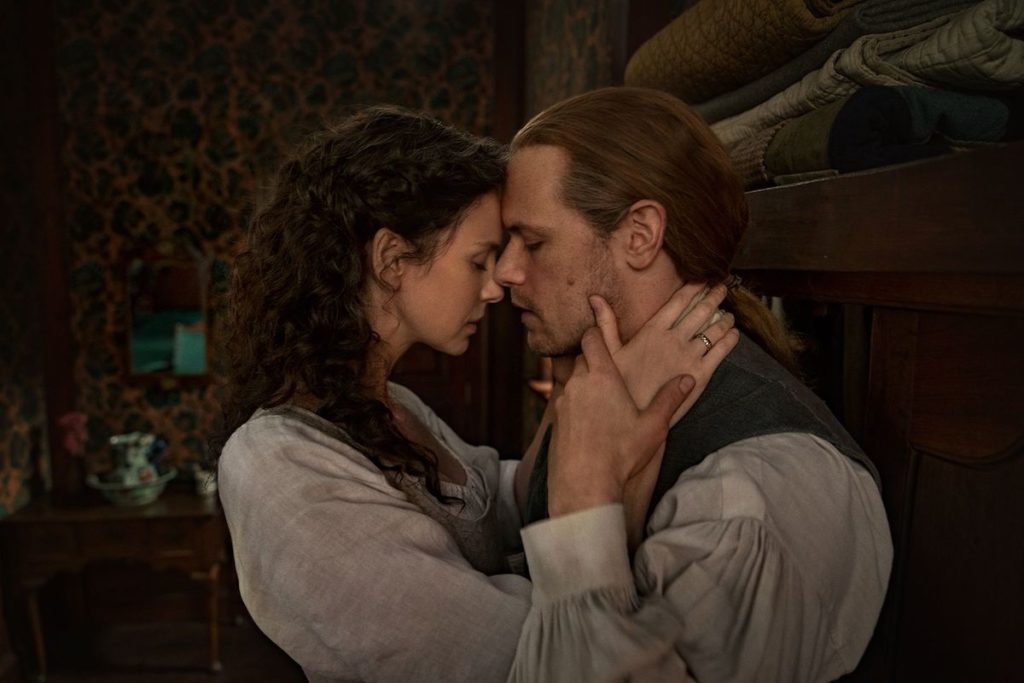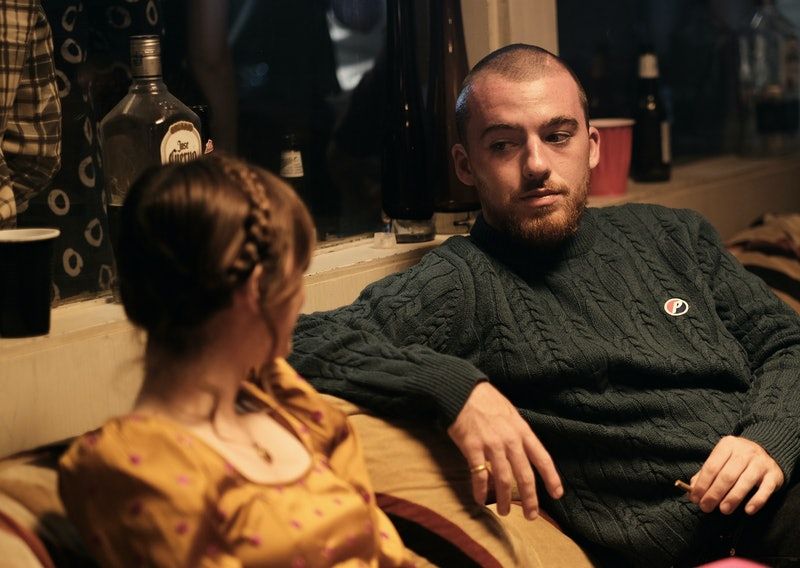Generation Hispanic TV - Live
The Problem with Bad Relationships in Euphoria
Could the toxic relationships in shows like Euphoria be teaching us bad habits?
The second season of Euphoria came to a close with predictably explosive results. The producers have revelled in their creative freedom, showing graphic sex and violence with the gleeful abandon of a kid who has learned that they can swear when their parents are out of earshot. Explicit content aside, the corrosive and toxic relationships in the show provide most of the conflict. George Bernard Shaw famously said, “no conflict, no drama”, and he’s not wrong. Conflict is vital for good story-telling, and in a writer’s room where story fodder is constantly needed, romantic conflict is the gift that just keeps on giving. Budget-wise, it’s cheap, and if done right, it’s incredibly compelling, as it’s more or less true to life. Or is it?
Breakups and emotional turmoil are a part of life, sure. If we look at teen dramas, their main focus is the constant churn of love and loss. From the classic Dawson’s Creek, through to Skins and all the way up to Euphoria, it’s everywhere we look. For many of us, we learned our earliest guiding principles about relationships from these shows. This is no bad thing, but it does sometimes mean dysfunctional relationships are glamorized, maybe even fetishized.
Taking Euphoria as an example, the on/off relationship between Maddie Perez and sociopath Nate Jacobs is shown as violent, unstable and wildly dysfunctional. But at the same time, it’s portrayed as genuine. The two of them ping back and forth like an exhausting tennis match, never able to sever the ties between them. The implicit message could be read as: they may not be good people, but at least their love is real.

Euphoria © HBO
Conversely, Kat’s relationship with Ethan is given short shrift. Ethan treats her with respect, is transparent about his feelings and goes out of his way to make sure he doesn’t hurt her. As Maddie puts it to Kat, “Stop flaunting your healthy, non-abusive, wonderful relationship. It’s actually triggering”. This storyline both reacts to and perpetuates the myth that a passionate relationship is always turbulent. This is a common message, so numerous that there are more examples than I can realistically count. From Wuthering Heights to most of Taylor Swift’s early output, we’ve had this idea that there’s no passion without drama. Moral guardians point out the dangers of young people learning about sex from porn and their exposure to violence. But, have we considered the impact of showing them people in relationships with no impulse control or basic empathy?
When I researched examples of functional couples, I was overwhelmed with examples from sitcoms. But the issue with comedies is that because most of them are intended for syndication, the episodes need to be understood when told out of order. Consequently, writers must ‘put all their toys back in the box’ by the end of each episode. Meaning any interpersonal conflict needs to be resolved within 22 minutes, no matter how artificially. Add to that the need for every sitcom to exist in a heightened reality, and the amount of useful examples dries up dramatically.
So, does that mean there are no examples of healthy relationships on TV? Well, no. But you might need to expand your viewing habits a bit. There’s no drama without conflict sure, but where the conflict comes from usually depends on the type of story. Some genres of story-telling like sci-fi, fantasy and drama often rely on an external threat as a source of conflict. That’s not to say they don’t have any interpersonal tension, but it’s not the only option for the writers.

Outlander © Sony Pictures
Devoted fans of Outlander keep coming back to the historical fantasy for the relationship between Claire and Jamie Fraser, played masterfully by Sam Heughan and Catriona Balfe. The way they can start and end an argument with just a look rewards eagle-eyed viewers.
And, Superman & Lois is not an example I thought I would be bringing up, but the writers seem to have spent as much, if not more, time working out how to make the family dynamic appear genuinely healthy as they have working out how Superman will save the world.
However, the gold standard for realistic and healthy relationships is almost certainly still Friday Night Lights. The dynamic between Tami and Coach Taylor is a masterclass in a relationship between two career-driven individuals who sometimes have to choose who gets to pursue their goals and whose dreams temporarily have to take a back seat.
Obviously, viewers don’t need every relationship on TV to be a healthy one. But, it wouldn’t hurt if we could up the representation a little, surely? If even Taylor Swift can shift her focus from bad breakups to right relationships, maybe the rest of us can too.



